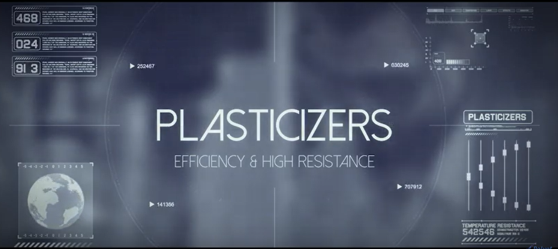Plastificantes
Plasticizers are substances added to synthetic resins to increase their flexibility, workability and distensibility. Plasticizers are often described as softeners.
In the 1920’s, researchers discovered that many esters of the polycarboxylic acid group, such as phthalic acid and phosphoric acid, were able to react with high polymers to form a homogeneous physical compound.
Polyvinyl Chloride (PVC) shows a unique capacity to absorb alkyl esters in its polymer structure, creating a flexible and durable material with outstanding properties and versatility.
Plasticized PVC, also known as soft PVC or vinyl, is still the most commonly used thermoplastic material throughout the world.
Around 90% of all Plasticizers are used in the production of flexible PVC. Minor applications include rubber, adhesives, sealants, paints, lacquers and lubricants.
In order to obtain a soft PVC the Plasticizers must have the following essential performance properties:
- Compatibility with the PVC matrix<\li>
- Efficiency
- Low tendency toward volatility/migration
- Resistance to extraction by oils, fats, hydrocarbons, aqueous solutions
- Stability to heat and UV light
- Resistance to hydrolysis and oxidation
- Low plastisol viscosity
Thanks to its comprehensive product portfolio, proven expertise and experience, Polynt can provide the most suitable Plasticizer for any application.

